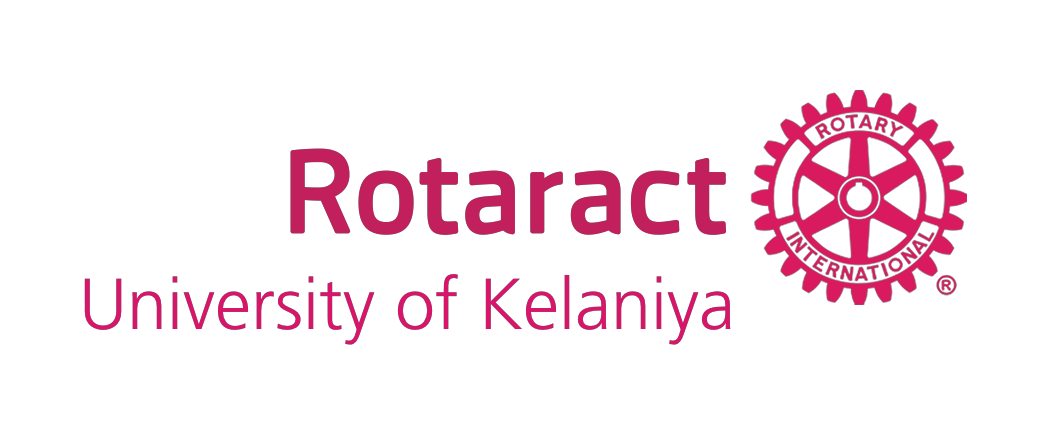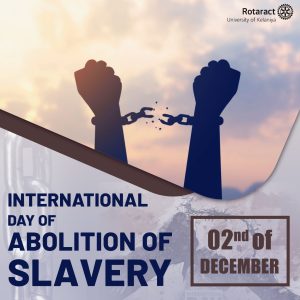International Day of World’s Indigenous Peoples is celebrated on the 9th of August every year to spread awareness about the indigenous population around the world and also to protect their rights. The indigenous population all over the world stays in close contact with nature and about 80% of the world’s biodiversity is found in the places where they reside. Thereby, this day also recognizes the contributions made by indigenous peoples to protect the environment.
According to UNESCO, the indigenous population takes up 20% of the global land area and has an overall population of around 370 million. The indigenous population represents the diverse cultures of the world, but many of them still continue to deal with marginalization, extreme poverty, and other human rights violations.
Although there is no universally accepted definition for ‘Indigenous’, there are some characteristics that tend to be common among indigenous people:
- They tend to have small populations relative to the dominant culture of their country.
- They usually speak their own language.
- They continue to practice the distinctive cultural traditions they have.
- They have their own land and territory, to which they are tied in myriad ways.
After several years of negotiation, including active participation by indigenous peoples, the UN General Assembly adopted the Declaration on the Rights of Indigenous People in September 2007. The Declaration protects indigenous peoples’ rights to their collective biocultural heritage as a whole, including traditional knowledge and resources, territories, and cultural and spiritual values and customary laws.
What are the rights of indigenous peoples?
- Indigenous peoples have the right to enjoy life to the fullest, whether as a group or as an individual.
- Indigenous peoples are equal to all other people and have the right to be free from any form of discrimination.
- Indigenous peoples are entitled to self-determination. By virtue of this right, they are able to freely determine their political status and pursue their economic ideas.
- Indigenous peoples shall not be evicted against their will from their ancestral lands or territories.
- Indigenous peoples have the right to practice and revitalize their cultural traditions and customs. This includes the freedom to preserve, safeguard and develop the past, present and emerging manifestations of their cultures.
This year’s theme of the International Day of World’s Indigenous Peoples is “The Role of Indigenous Women in the Preservation and Transmission of Traditional Knowledge”.
Indigenous women are the backbone of indigenous communities and they play a crucial role in the preservation and transmission of traditional ancestral knowledge. They have an integral collective and communal role as caretakers of natural resources and guardians of scientific knowledge. Many indigenous women are also taking the lead to defend lands and territories and advocate the collective rights of indigenous people around the world.
However, despite the vital roles indigenous women play in their communities as breadwinners, caretakers, knowledge keepers, leaders and human rights defenders, they often suffer from intersecting levels of discrimination on the basis of gender, class, ethnicity and socioeconomic status.
Indigenous women experience high levels of poverty, inadequate levels of education and illiteracy, restrictions on access to basic services like health and credit and employment, low levels of participation in political life, and domestic and sexual violence. Besides, their right to self-determination, self-governance and control over resources and ancestral lands have been violated over centuries.
Modest but significant progress has been made by indigenous women in decision-making processes in some communities, taking on leadership positions at communal and national levels and standing on the protest frontlines to defend their lands and the planet’s decreasing biodiversity. However, the reality remains that indigenous women are widely under-represented, negatively affected by decisions made on their behalf, and are frequently the victims of multiple expressions of discrimination and violence.
Let’s make this day special for them by reclaiming the role of these heroines and granting them the peace they require to live the life that they dream and hope for!




